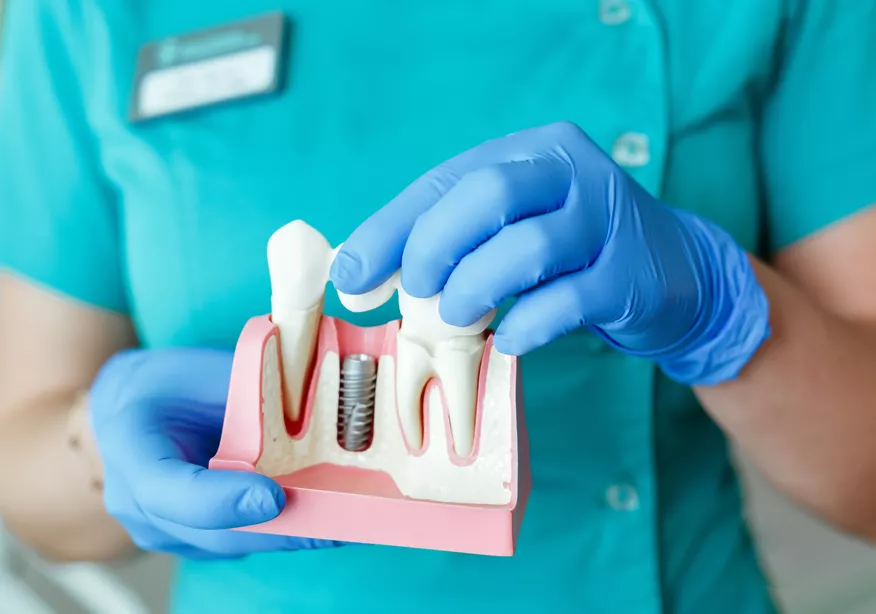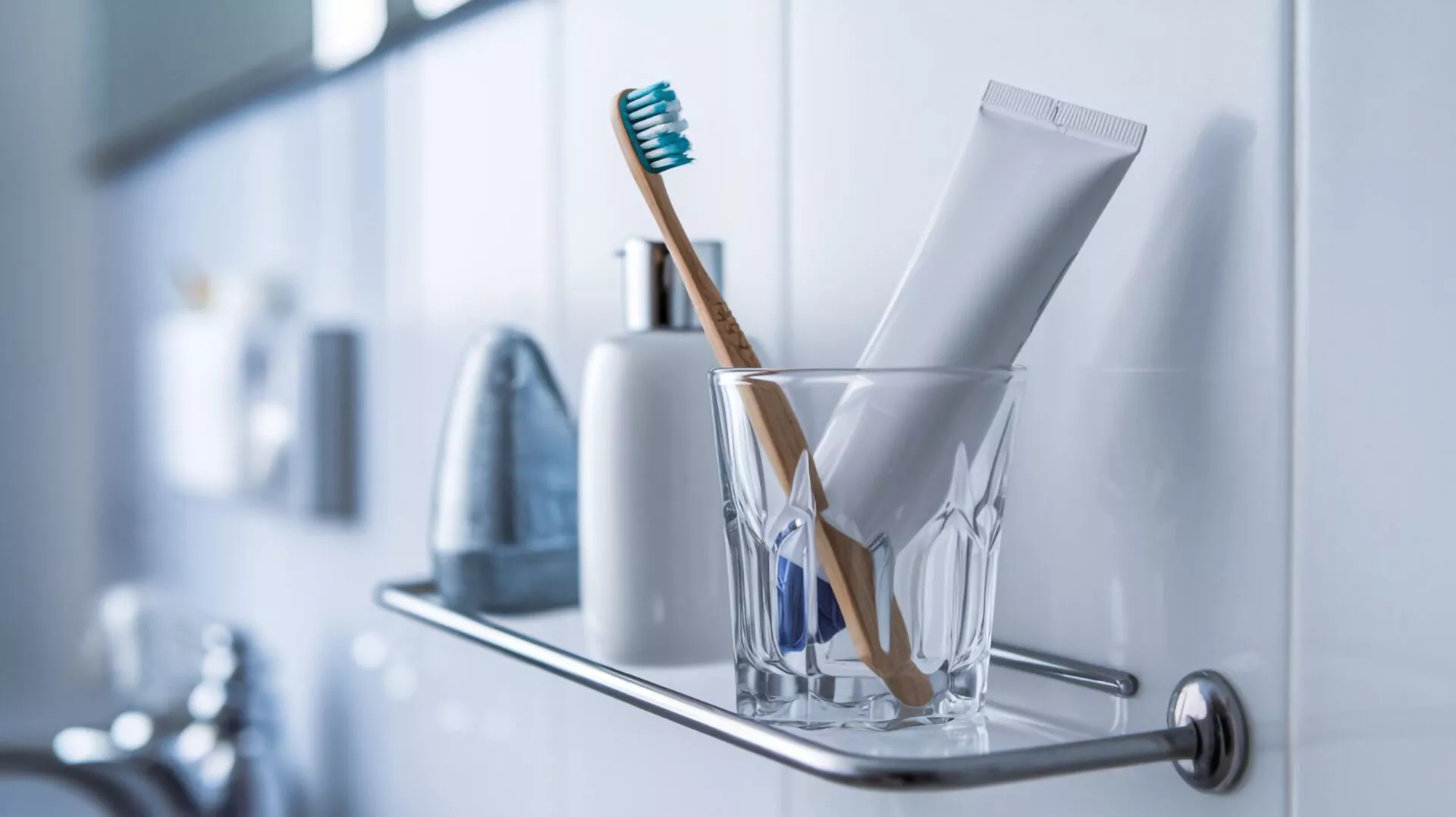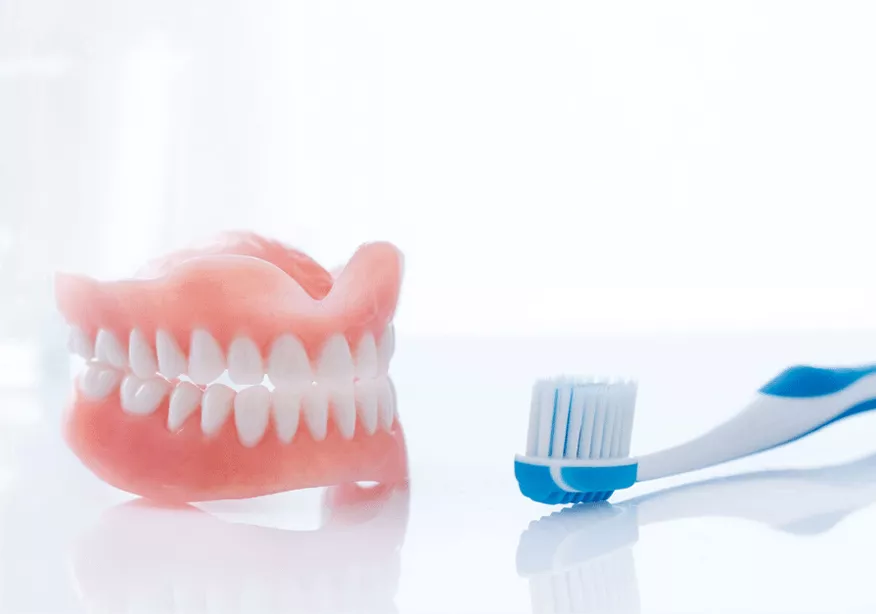Advantages of Implants Over Traditional Bridges and Prostheses

Dental implants are becoming increasingly popular in modern dentistry. Their advantages over traditional bridges and prostheses make them the preferred choice for many patients. Let’s look at the main benefits of implants.
1. Lifespan of implants compared to other options.
- Implants: With proper care and regular monitoring, implants can last for decades, and in some cases, even a lifetime. They are tightly integrated into the jawbone and practically do not wear out.
- Traditional bridges: On average, bridges last 7-15 years, after which they may need to be replaced.
- Prostheses: Although modern prostheses are durable, they tend to wear out and often require adjustments or replacement within 2-5 years.
2. Aesthetics and functionality: Why implants are often the preferred choice
- Natural appearance: Crowns on implants look like natural teeth, providing a natural and beautiful smile.
- Complete functionality: Implants allow you to chew, speak, and laugh without discomfort or the fear that something might come loose or break.
- No additional components: Unlike prostheses, implants do not require additional attachment elements that may cause discomfort, irritation, or be unsightly, such as metal hooks on prostheses.
3. Preservation of jawbone tissue
- Bone preservation: After tooth loss, jawbone tissue begins to recede. Properly placed implants can stimulate bone growth and help prevent bone loss.
- Protects neighboring teeth: Unlike bridges, which require grinding of neighboring teeth, implants do not affect other teeth, preserving their integrity.
In conclusion, dental implants offer many advantages over traditional bridges and prostheses, making them an excellent choice for restoring lost teeth. They provide long-term, aesthetically pleasing, and functional solutions for many patients.
News

Everything You Need to Know About Dental Implant Care
Read more
Root Canal Treatment and Alcohol
Read more
Gum Disease Prevention
Read more
Tooth Pain After Root Canal Treatment
Read more
Modern Tooth Implantation Methods: What Patients Need to Know?
Read more